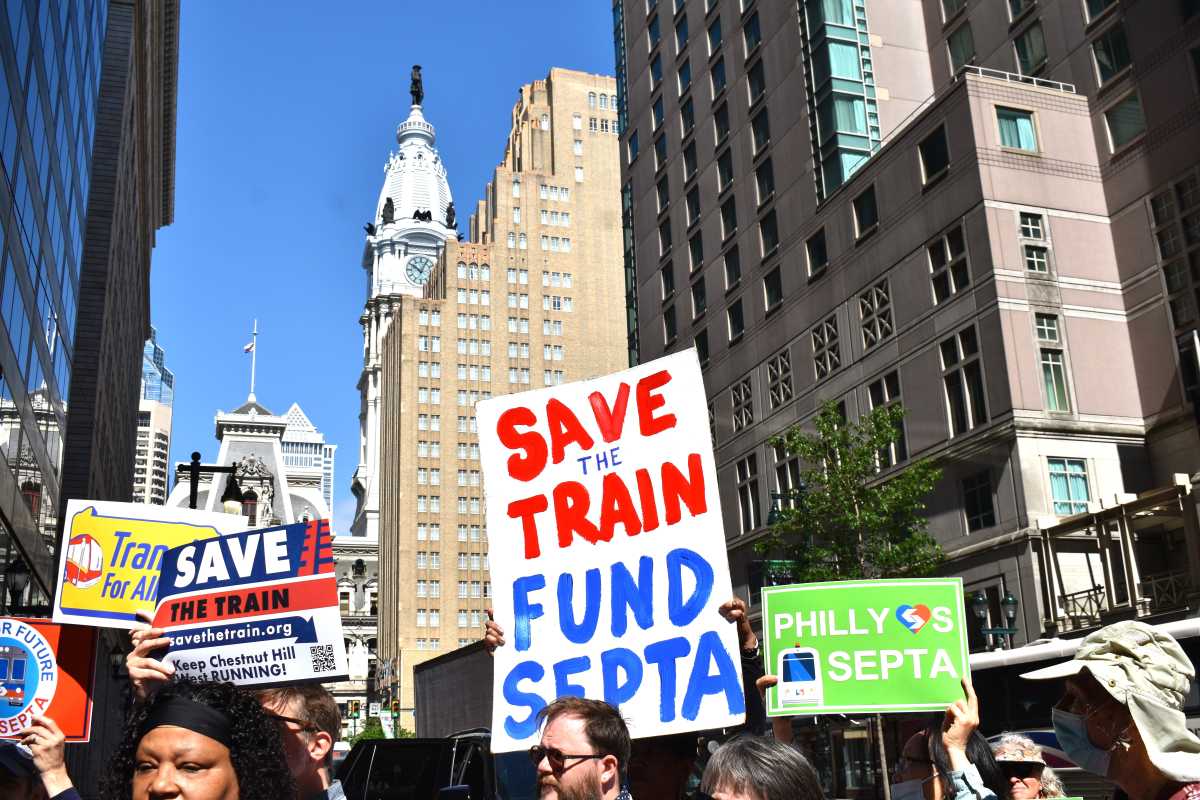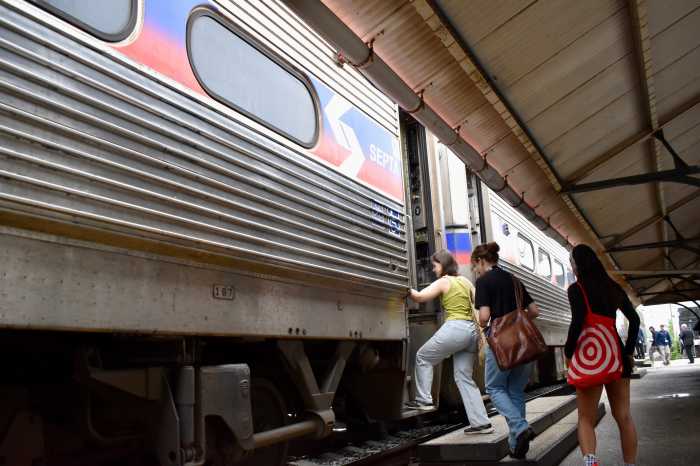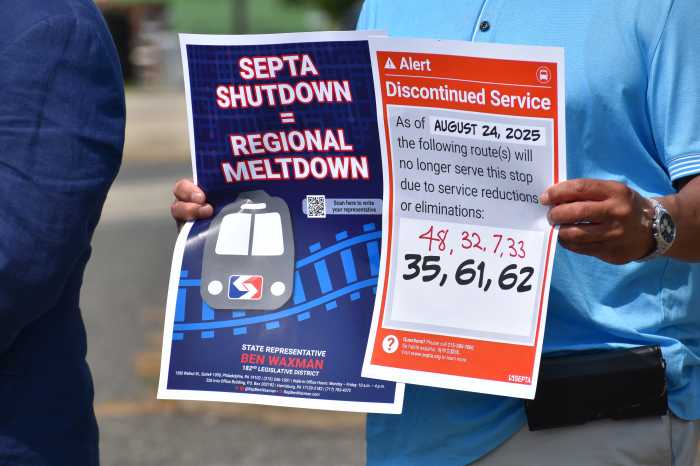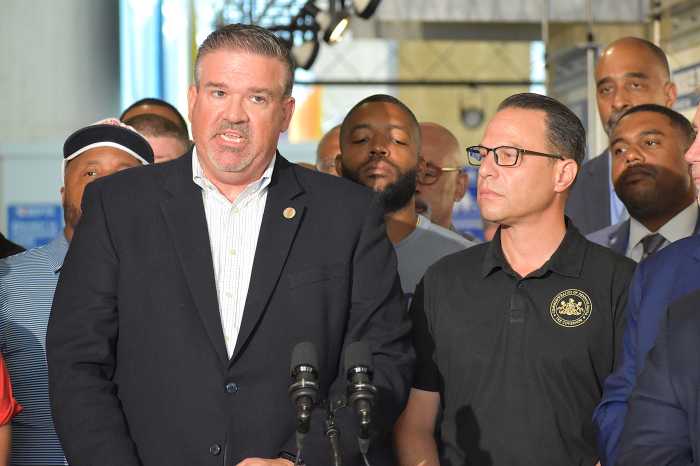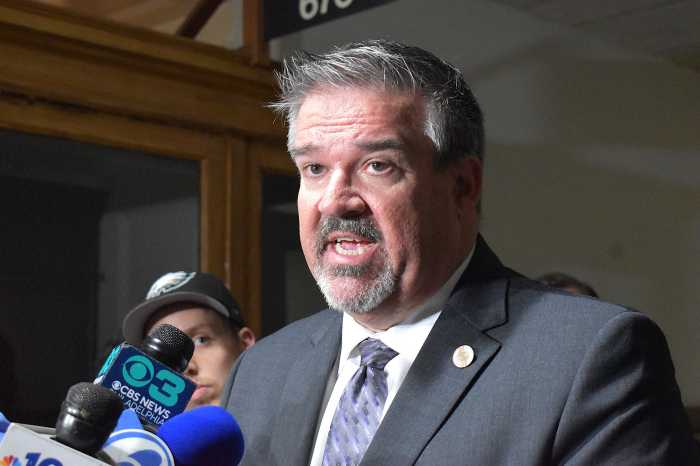The SEPTA Board voted Thursday to approve the Fiscal Year 2026 Operating Budget, which will cut service — including the elimination of 50 bus routes and five Regional Rail lines — as well as increase fare by more than 20%, making Philadelphia’s public transit system among the most expensive to ride nationwide.
“This budget will effectively dismantle SEPTA – leaving the City and region without the frequent, reliable transit service that has been an engine of economic growth, mobility, and opportunity,” said SEPTA General Manager Scott Sauer.
Beginning Aug. 24, more than 30 bus routes will be eliminated citywide. There will also be significant reductions in trips on all rail services, including the end of special services like the Sports Express. On Sept. 1, a fare increase averaging 21.5% for all riders will go into effect.
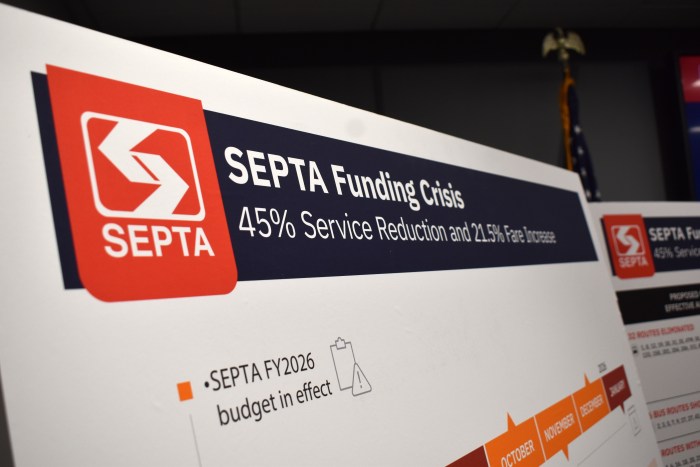
By the new year, another round of service cuts are planned, with the elimination of five Regional Rail lines, more bus routes, and the implementation of a 9 p.m. curfew on all remaining rail services.
A third of riders, nearly 200,000 people on an average weekday, will lose access to transit or only be able to access significantly reduced service, SEPTA officials said.
Transportation to 67 schools with 55,000 students would be impacted, according to the authority.
SEPTA is also freezing all hiring, including bus operators.
“Once this dismantlement begins, it will be almost impossible to reverse,” said Sauer, “The economic and social impacts will be immediate and long-lasting for all Pennsylvanians, whether they ride SEPTA or not.”
SEPTA is facing a $213 million budget deficit in part due to the end of federal COVID relief funding, as well as the impact of inflation on fuel, power and supplies.
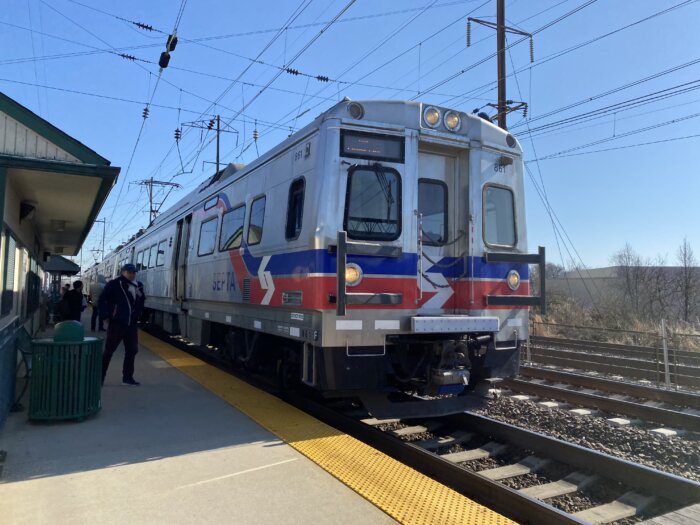
On Thursday, SEPTA also approved its Fiscal Year 2026 Capital Budget, which will defer $2 billion worth of projects, including station accessibility improvements.
“This is a vote none of us wanted to take,” said SEPTA Board Chair Kenneth Lawrence Jr. “We have worked hard as an Authority to prevent this day from coming because we understand the impact it will have on our customers and the communities we serve. To be clear, this does not have to happen – if state lawmakers can reach an agreement to deliver sufficient, new funding for public transit.”
Gov. Josh Shapiro proposed a statewide transit funding plan earlier this year that would provide funding to prevent excessive service cuts on public transportation statewide.
Legislation to increase funding for transit agencies across Pennsylvania has repeatedly passed the state House, where Democrats hold a majority, but has so far failed to advance in the GOP-controlled Senate.
Reporter Jack Tomczuk contributed to this report.



